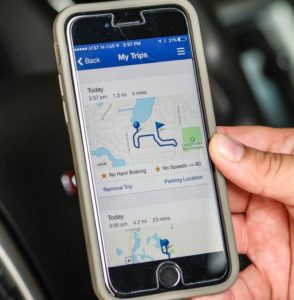I still remember wishing I could fly as a kid. I used to think about that as I went to bed… laying there wondering whether I could fly like Superman. Silly I know… but I would bet many others have had this goal given how persistent the quest is even today.
Technology has made it possible to do that with personal rockets and now drones. As you have no doubt seen there are a huge number of startup companies looking at the realities of flying from point to point … especially as the gridlock comes back to major cities after the pandemic.
I have a drone and have to admit that you really no longer have to be able fly it. You can just put in the point to point destinations and the drone will fly there and even avoid obstructions in the way. It does not surprise me that Amazon and others are looking very seriously at this technology for the last mile of the delivery system.
However, when I hear of this being suggested as a normal means of transportation I have to wonder whether the quest is based upon just proving you can do it or as a viable and sustainable means of transport. After all, we have seen a huge shift in attitudes toward mobility that are possibly wrong.
For example, I grew up in New York City where almost no one had a car. You did everything with public transportation plus taxis … that is … until you got to your destination where they picked you up from the train or bus station. Millions and millions of people walked or took public transportation. Cars were simply not affordable. In fact, today, parking your car in New York City costs you more than buying it and insuring it!
We are seeing a backlash in our latest generation entering the workforce. They want to live where they work or at least have public transportation as an option. Perhaps they are onto something. Is it better to live this way than to be stuck in traffic for hours each day?
I am not suggesting we take a socialist’s approach to this problem and decree that it is immoral to have a car and live a life of mobility, but I do believe the question is important, especially before we go down the road of believing that everyone should have an EV and whimsically drive wherever they desire just because they can. They are clogging the roads which we then have to improve … kind of the same treadmill we got onto when we started offering customers electric appliances for their homes.
We really need to step back from the temptation to just keep making it easier and more affordable for people to do what is ultimately unsustainable and possibly immoral over time. Maybe it would be worthwhile to take a look at the behavioral opportunities to change consumption of services like this just like we learned to use behavioral methods to reduce energy use.
I wonder who will have the courage to raise this in our political discourse? After all, when President Biden suggested we might want to eat one less hamburger you would have thought he wanted us to all sacrifice beyond measure.




